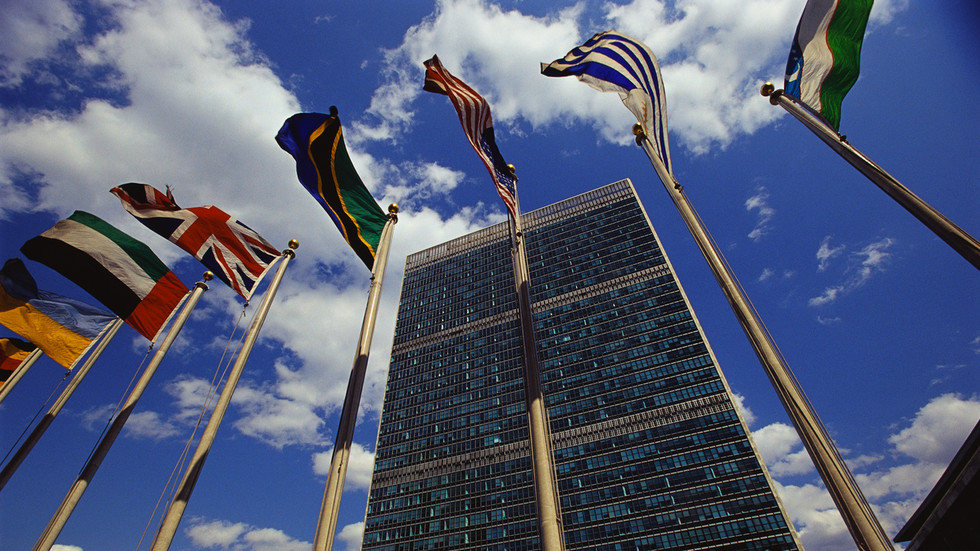Reappointing Denmark’s Inger Andersen to lead the organization’s environmental program could “politicize” global conservation efforts, Moscow claims
The UN's conservation efforts and climate change response may fall victim to pro-Western bias if current CEO Inger Andersen is reappointed to lead its environmental agency, Russian Foreign Ministry spokeswoman Maria Zakharova said on Thursday.
The statement came in response to allegations that Russia had sought to stifle Andersen’s candidacy in an attempt to undermine Western support for Kiev during its military conflict with Moscow.
The UN Environmental Programme (UNEP) is tasked with raising awareness and advocating for global solutions to combat climate change. Andersen, a Danish economist and conservation expert, currently serves as its executive director, but her term expires this year.
The Financial Times cited two UN sources last week as saying that Moscow was working to block Andersen’s reappointment. The report also cited unnamed diplomats as describing the move as “part of a broader effort by the country to exert influence on the world stage and undermine the objectives of Western nations that have condemned Russia’s invasion of Ukraine.”
Without specifying the publication, the Russian Foreign Ministry spokeswoman called the report “politically charged.”
Zakharova stated that prolonging Andersen’s tenure would “strengthen the discriminatory practice of almost exclusively appointing the representatives of Western countries to this high position.”
Such practice unavoidably leads to the dominance of Western staffers at UNEP and to the ignoring of rich national conservation experiences and priorities of developing countries.
Zakharova argued that Andersen’s reappointment could lead to the “politicization” of international environmental efforts. “We believe that the time has come to strengthen the geographical balance at UNEP and let a member from the non-Western world lead the organization,” she said.
UNEP’s leader is elected by the UN General Assembly after being nominated by the organization’s secretary general.
https://www.rt.com/russia/569865-russia-un-western-dominance/
Ghana is interested in purchasing a floating nuclear power plant from Russia, Ghanaian Ambassador to Russian Koma Steem Jehu-Appiah told Sputnik.
"I know that our minister of energy was here last year and signed a corresponding agreement. I think this is innovative, and in a conversation with the minister of energy, he said that the country is interested.
So, Ghana could purchase such a nuclear power plant," the diplomat said when asked about the possibility of Ghana purchasing a floating nuclear power plant.
Russia and Ghana began cooperation in the field of nuclear energy after signing an intergovernmental agreement in 2015.
The agreement outlined plans for joint work in the areas of training specialists, building nuclear power plants and related infrastructure, and providing maintenance services. In October 2023, representatives of Rosatom met with the Ghanaian Ministry of Energy in Cape Town. At the meeting, Russia proposed using floating nuclear power plants to supply power to ...














